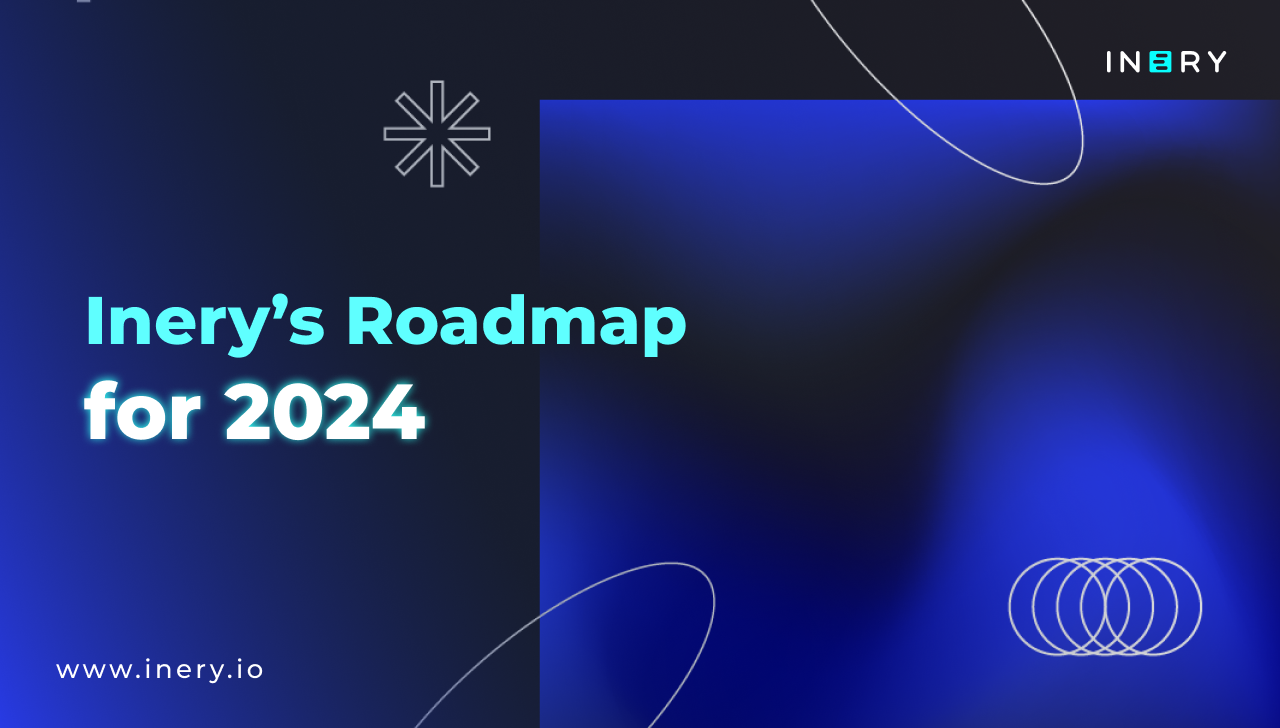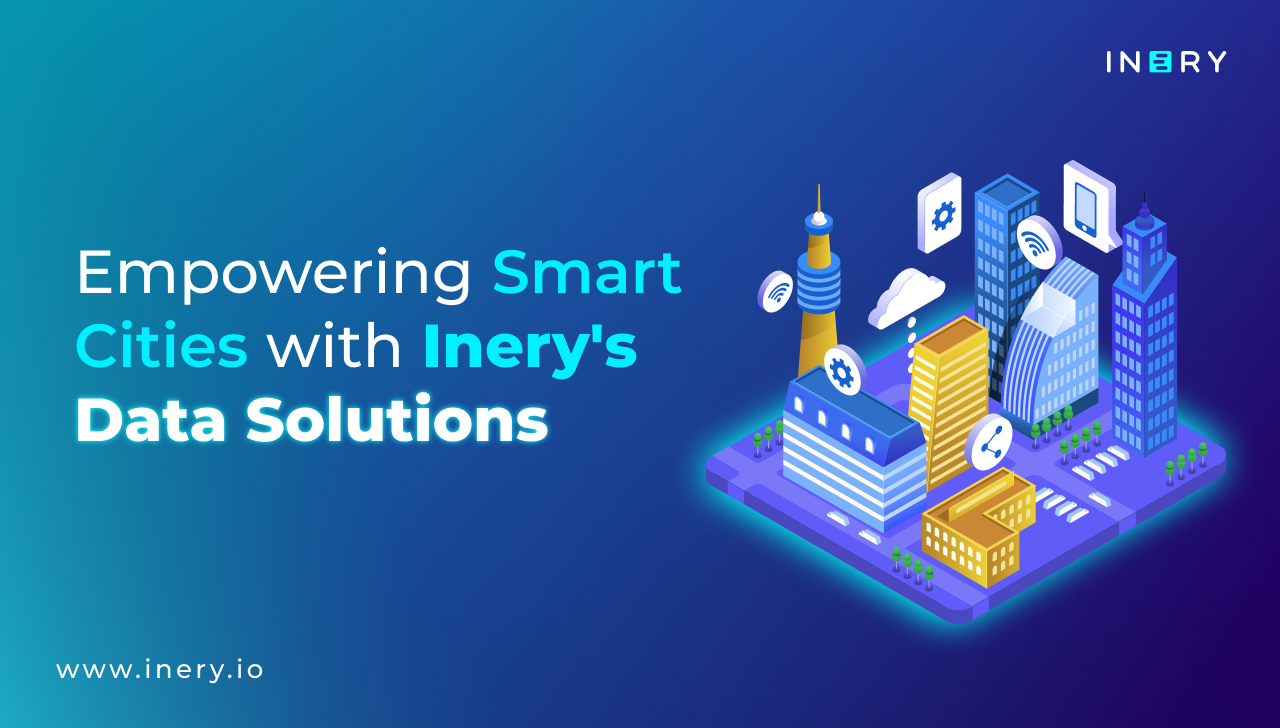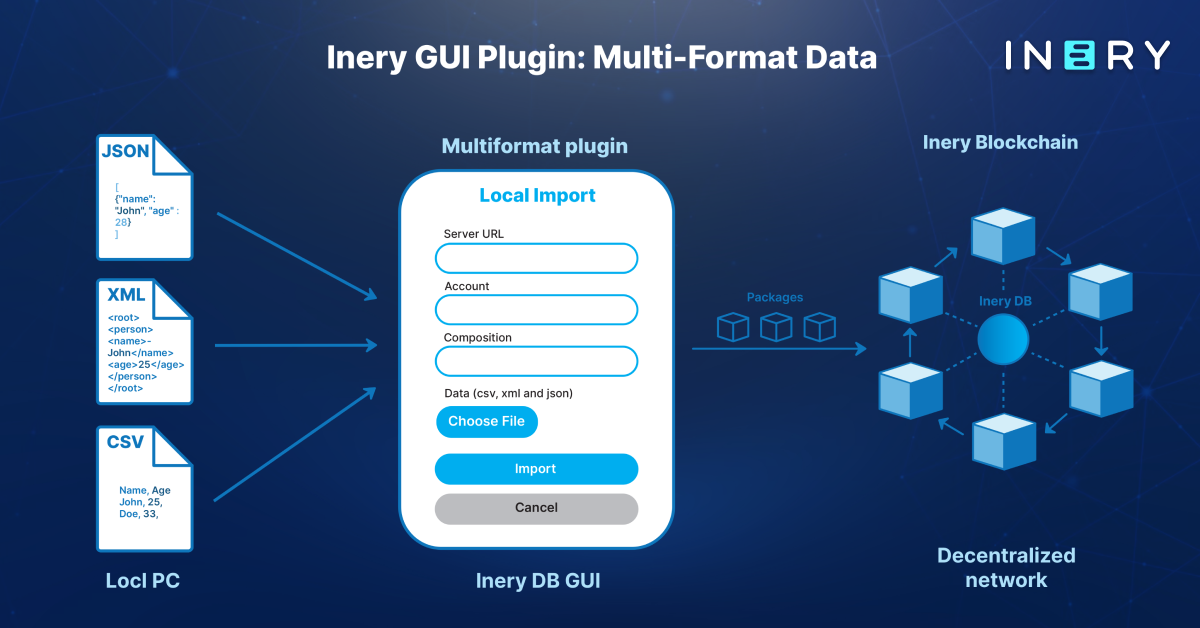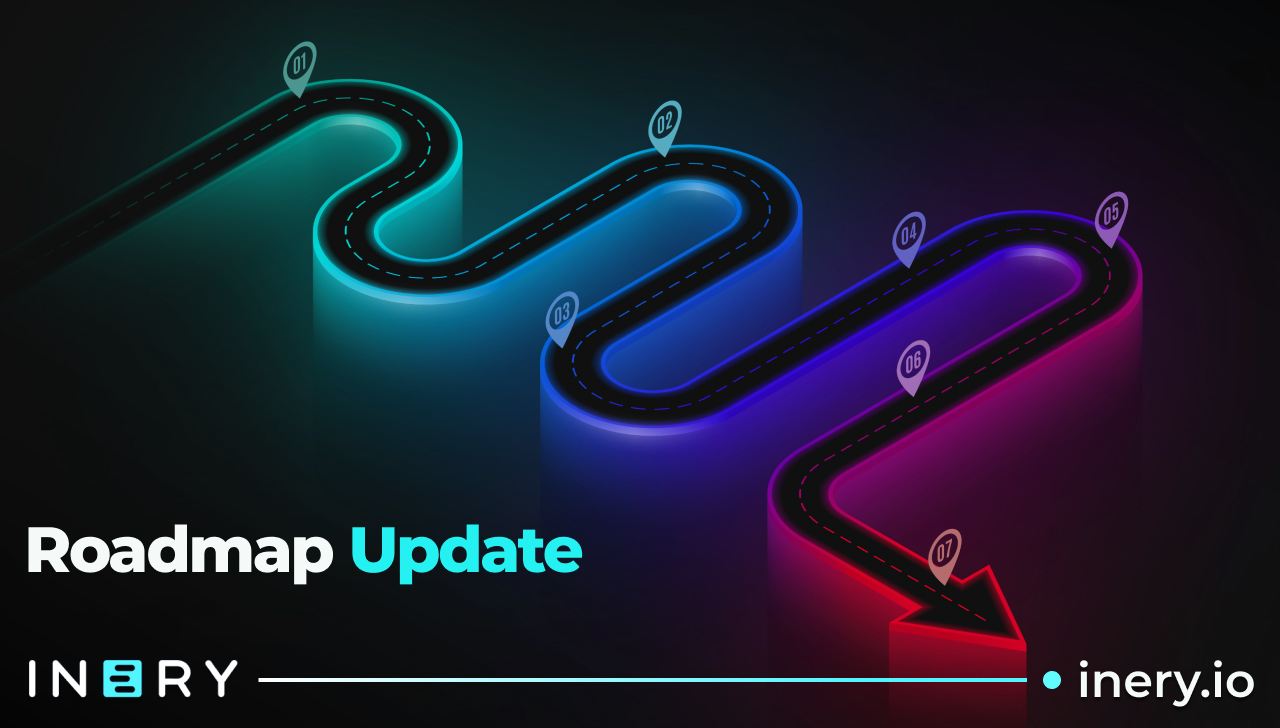It’s no secret that the integration of technology in education has been accelerating. The chalkboards and textbooks that filled classrooms during your school days are increasingly being replaced by smartboards and tablets.
Today, technology goes beyond facilitating traditional learning methods; it enhances interactive and personalized learning experiences that were once the stuff of science fiction.
Among the most transformative advancements are decentralized database technologies. These are not merely improvements to existing systems but are foundational shifts that address deep-rooted issues like data security, accessibility, and interoperability.
Tech In Education: The Ups & Downs
As we navigate forward, the integration of technology within our educational systems becomes a fundamental shift that is both necessary and inevitable. This evolution brings remarkable tools—from immersive virtual reality experiences to personalized learning driven by artificial intelligence.
However, the integration of these technologies is accompanied by significant risks, including data privacy concerns, the digital divide, and the potential depersonalization of education. In this discussion, we will explore the dual-edged nature of technology in education, highlighting the benefits while addressing the potential drawbacks that could affect students, educators, and the educational ethos itself.
The Bright Side: Enhancements and Innovations in Learning
The internet and digital collaboration tools have broken down geographical barriers, making it possible for students from various parts of the world to learn together and share perspectives. Such connectivity not only enriches the learning experience but also prepares students for a globally interconnected world.
Technologies such as virtual reality (VR) and augmented reality (AR) offer students immersive, interactive learning experiences that were previously unimaginable. VR can transport students to different eras and locations, making history lessons come alive, while AR can overlay information in real-world settings, providing a dynamic way to learn sciences.
We can’t write a tech article nowadays without mentioning AI and machine learning. In the sphere of education, this technology is paving the way for personalized education, where learning environments adapt to the individual's pace and learning style. This tailored approach has the potential to improve student engagement and outcomes by providing customized resources and real-time feedback on their progress.
The Flip Side: Potential Risks and Concerns
If you’ve followed Inery for a while, you know that we don’t play when it comes to data security and other data risks. With the shift towards digital records and cloud-based systems, the volume of sensitive data, from personal identification details to academic performance records, stored online has grown exponentially.
This transition significantly heightens the risk of data breaches and cyberattacks that can lead to the loss of privacy and personal data integrity. For example, a major cybersecurity incident in 2017 compromised over one million personal records in the K-12 sector alone.
Widening the Digital Divide
The availability of state-of-the-art technology predominantly in affluent areas can exacerbate existing inequalities in education. Students without access to the latest technologies are at a distinct disadvantage, potentially widening the gap in educational opportunities and outcomes. This digital divide poses a significant challenge; however, it also compels a rethinking of resource distribution and technological deployment strategies to ensure more equitable access to educational technologies.
Depersonalization of Education
While technology can facilitate personalized learning, there is a concern that excessive reliance on technological interfaces might depersonalize the educational experience. The absence of human interaction could hinder the development of critical interpersonal skills and reduce the emotional and motivational impacts that teachers have on their students. Recognizing this, it is crucial to maintain a balanced approach where technology acts as a tool to enhance, not replace, the human elements of education.
Reliability Issues
Dependence on technology also introduces vulnerabilities related to system malfunctions and downtime. Hardware failures, software bugs, and connectivity issues can disrupt the learning process, leading to frustration and lost instructional time. Ensuring the reliability of technological tools and having reliable contingency plans in place is vital to mitigate these risks.
Understanding Decentralized Databases
Decentralized databases leverage blockchain technology to distribute data across multiple locations to ensure transparency, security, and integrity. Unlike traditional databases that rely on a central point of control, decentralized databases are resistant to tampering and server downtime, which is crucial for maintaining the accessibility and reliability of educational resources.
Inery's decentralized database solution exemplifies this by offering a non-relational, queryable database that ensures data availability and consistent security through cryptographic methods and a consensus-driven approach. Such technologies are not just theoretical but are being applied in educational institutions to revolutionize both learning and administrative tasks.
Applications in Education
1. Secure Storage of Records
Educational institutions handle vast amounts of sensitive data, from student records to financial information. Decentralized databases provide a secure platform for storing this data, significantly reducing the risk of breaches.
For example, the University of Nicosia in Cyprus uses blockchain to issue and verify student certificates, enhancing the security and portability of educational credentials.
2. Enhanced Data Sharing
Inery’s system facilitates seamless and secure data sharing between departments within schools, as well as across different educational institutions. This capability is particularly beneficial for research collaborations and for students who transfer between schools, as it simplifies the process of verifying academic records and prior learning assessments.
3. Transparent and Reliable Assessments
Decentralized databases can store exam results and academic progress in a tamper-proof format, ensuring that assessment outcomes are transparent and reliable. This application not only streamlines the grading process but also enhances trust in educational qualifications, which is vital in an era where the verification of academic credentials is increasingly important.
4. Streamlining Administrative Processes
The automation potential of decentralized databases reduces the administrative burden on education providers. Smart contracts can automate routine tasks such as enrollment, attendance recording, and even fee processing, thereby reducing costs and improving efficiency.
5. Personalized Learning Experiences
With secure, reliable access to student data, educators can better tailor learning experiences to individual needs. Decentralized databases support the development of personalized learning plans that adapt to the pace and style of each student, potentially improving educational outcomes.
Challenges and Considerations
While decentralized databases hold great promise, there are challenges to their widespread adoption in education:
Technology Integration: Integrating new technologies with existing IT systems can be complex and costly.
Scalability: Handling large volumes of data typical in education systems requires scalable solutions that decentralized databases like Inery are continually working to improve. However, scalability isn’t a problem for Inery.
Regulatory Compliance: Adhering to data protection regulations, such as GDPR in the European Union, is crucial when implementing decentralized database solutions.
The Future of Decentralized Databases in Education
As blockchain technology evolves, its application in education could extend beyond administrative efficiency and secure record-keeping. Future innovations might include global student identity cards, decentralized student forums and libraries, and perhaps even blockchain-based learning management systems.
Inery, with its reliable decentralized database solution, stands at the forefront of this transformation. It not only supports the current needs of educational institutions but also paves the way for a more interconnected and standardized global education system.
Conclusion
Decentralized databases offer significant benefits for the education sector by enhancing data security, improving administrative efficiency, and enabling personalized learning experiences. As exemplified by Inery’s implementations, these technologies are setting the stage for a radical transformation in how educational services are delivered and managed.
The future of education, powered by decentralized databases, looks promising, with endless possibilities for innovation and improvement.

Inery•
2 years ago
Databases Unchained: Navigating the Centralized-Decentralized Landscape
Explore the intricate world of database management, weighing the strengths of centralized and decentralized systems, and discover Inery. ...READ MORE
-1700122570.png)
Share

Inery•
1 year ago
Inery Tehnical Roadmap 2024
Discover Inery's 2024 Technical Roadmap, a testament to our dedication in revolutionizing blockchain technology. Explore milestones from refining Inery Blockchain V-2.0.0 to enhancing IneryQL and GUI, shaping the future of Web3 with groundbreaking advance ...READ MORE

Share

Inery•
1 year ago
Empowering Smart Cities with Inery's Data Solutions
Discover how Inery can revolutionize urban living by enhancing sustainability, fostering innovation, and protecting data privacy. ...READ MORE

Share

Inery•
1 year ago
Say Hello to IneryDB GUI Version 2.1!
Discover IneryDB GUI Version 2.1! This update features a powerful Multiformat Import Plugin for seamless data migrations from JSON, XML, and CSV formats, alongside enhanced user experience and front-end improvements. ...READ MORE

Share
Most popular today

-1713426795.png)

-1691048052.png)